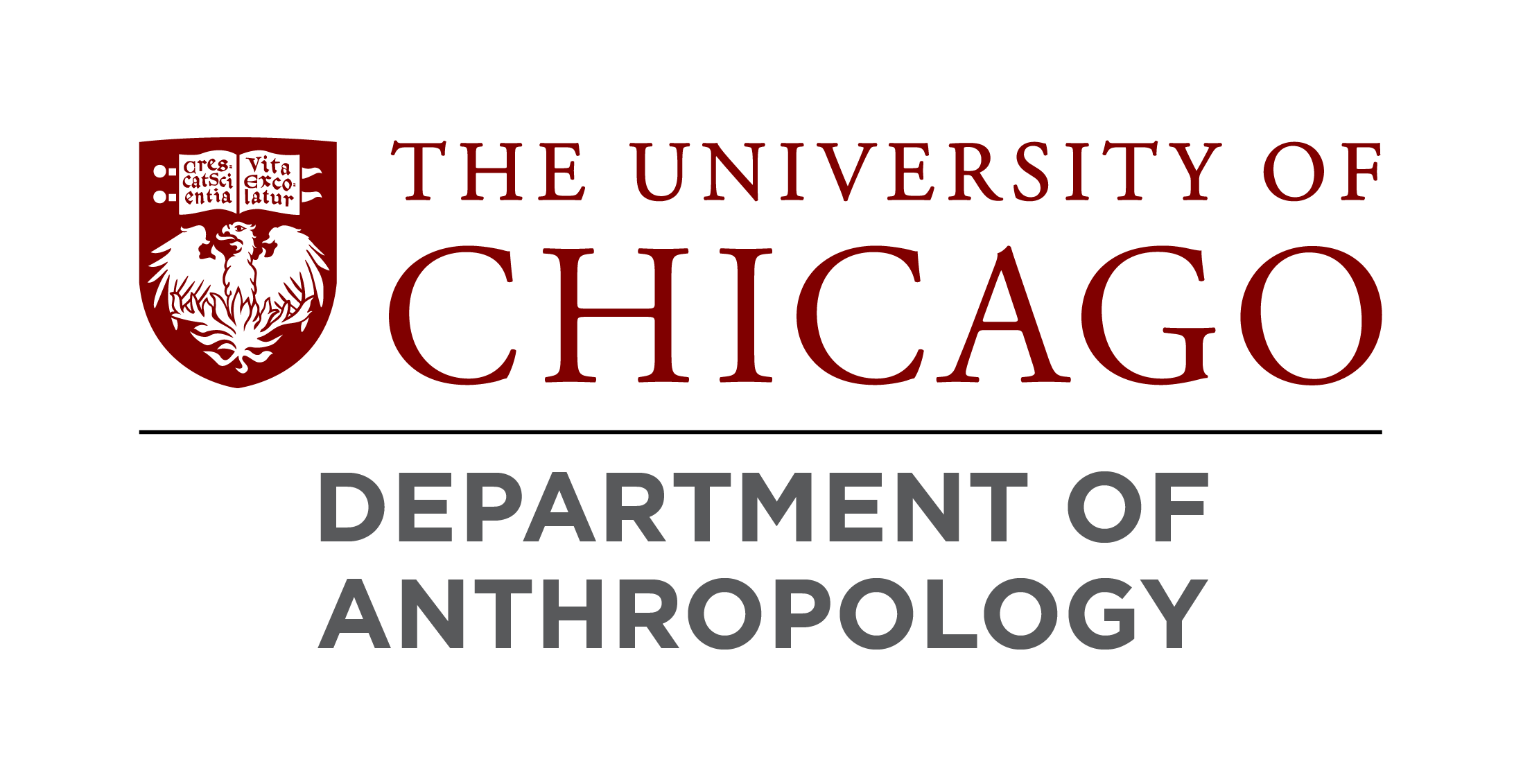
Julie Y. Chu is a sociocultural anthropologist with interests in mobility and migration, economy and value, ritual life, material culture, media and technology, and state regulatory regimes. Her book, Cosmologies of Credit: Transnational Mobility and the Politics of Destination in China (Duke University Press, 2010), received the 2011 Sharon Stephens Prize from the American Ethnological Society and the 2012 Clifford Geertz Prize from the Society for the Anthropology of Religion. It was also shortlisted for the 2011 Gregory Bateson Prize from the Society of Cultural Anthropology. Her current writing project is entitled The Hinge of Time: Infrastructure and Chronopolitics at China's Global Edge. Based on three years of fieldwork largely among Chinese customs inspectors and transnational migrant couriers traversing the Taiwan Strait, the Indian Ocean and the Pacific (via ports and border zones spanning the PRC and the U.S.), this work examines how certain figures of "infrastructure" animate the global politics of time in three distinct keys -- as matters of constancy, rhythm and non/event.
A graduate of NYU’s Program in Culture and Media, she is also currently completing video and other multimedia projects related to her fieldwork as well as developing two new ethnographic foci:
(1) on Chinese soundscapes, especially in relation to the changing qualities and valuations of the Chinese concept of renao (热闹, a bustling scene, social liveliness or, literally, “heat and noise”)
(2) on the politics and poetics of logistics, especially in relation to e-commerce driven innovations in moving goods, people and information according to increasing aspirations for on-demand, seamless "fulfillment." This includes launching the collaborative research project, "Logistics in the Making of Mobile Worlds," the cross-platform online discussion of #Logistics in the Time of Covid, and the Spring 2022 issue of Roadsides on #Logistics.
Professor Chu's interest in multimodal research has also led to the VR 360 immersive project, Fulfillment: A field guide to the logistical city. This is an ethnography + creative coding collaboration among faculty and students at UChicago Anthropology and the Electronic Visualization Lab (EVL) at the University of Illinois Chicago.
Recent Research / Recent Publications
n.d. The Hinge of Time: Infrastructure and Chronopolitics at China's Global Edge (book manuscript in progress).
In Press "Technics" in Anthropological Handbook of Mobility, Noel Salazar, Vered Amit, Jamie Coates, eds. Berghahn Books.
2025
"Cave2 Virtual Reality Exhibition: Project Fulfillment," conference proceedings published and presented for the ACM Hypertext, "The World as Hypertext" conference, September 2025 (co-authored with Daria Tsoupikova, Alexandria Schmidt, Eunseo Ko, Darshan Shet, Harini Kumar, Kenzell Huggins, Shahira Bhasha, and Gaeun Lee)
2024
"Fulfillment: A Field Guide to the Logistical City," conference proceedings published and presented at the International Symposium of Electronic Arts, "Everywhen" conference, June 2024 (co-authored with Daria Tsoupikova, Harini Kuman and Kenzell Huggins)
2024
“Schlock Value and the Politics of Fiasco,” Public Culture 36(2): 255-277
2022
Introduction: #Logistics. Roadsides 007 (Spring 2022): 1-7 (co-authored with Tina Harris).
2021
Sidewalk Terror and the Logistical Hauntings of the Flâneur. Counterpunch.
2020
Un/boxing Fulfillment: A Field Guide to Logistical Worlds. Allegra Lab (co-authored with Kenzell Huggins, Harini Kumar, Jack Mullee and Heangjin Park).
2019
Cruel Optimism and the Settler-Colonial Roots of White Grievance. Counterpunch.
2018
Risky Work, Fateful Play: Chinese Customs Inspectors and the Compossibility of Fortune. Ethnos 84 (2): 201-222.
2017
Risk, Fate, Fortune: The Lives and Times of Customs Inspectors in Southern China. In Filippo Osella and Daromir Rudnyckyj, eds., Religion and the Morality of Markets. Cambridge University Press.
2016
Boxed In: Human Cargo and the Technics of Comfort. International Journal of Politics, Culture & Society 29: 403-421.
2014
When Infrastructures Attack: The Workings of Disrepair in China. American Ethnologist 14 (2): 351-367.
2011
The Noise of Data: Comments on Ewald's "After Risk." Carceral Notebooks 7 (2011): 109-118.
2010
Cosmologies of Credit: Transnational Mobility and the Politics of Destination in China. Duke University Press.
2010
The Attraction of Numbers: Accounting for Ritual Expenditures in Fuzhou, China. Anthropological Theory, 10 (1-2): 132-142.
2009
Departing China: Identification Papers and the Pursuit of Burial Rights in Fuzhou. In Sabine Berking and Magdalena Zolkos, eds., Between Life and Death; Governing Populations in the Era of Human Rights. Frankfurt: Peter Lang.
2007
Equation Fixations: On the Whole and the Sum of Dollars in Foreign Exchange. In A. Truitt & S. Senders, eds., Money: Ethnographic Encounters. Oxford: Berg Publishers.
2006
To Be ‘Emplaced’: Fuzhounese Migration and the Politics of Destination. Identities: Global Studies in Culture and Power. 13(3): 395-425.
2001
When Alan Turning Was a Computer: Notes on the Rise and Decline of Punch Card Technologies. Connect: art.politics.theory.practice 1(2).
2000
Meet Halo Halo, 28-minute video documentary produced and directed.
 THE UNIVERSITY OF CHICAGO
THE UNIVERSITY OF CHICAGO

